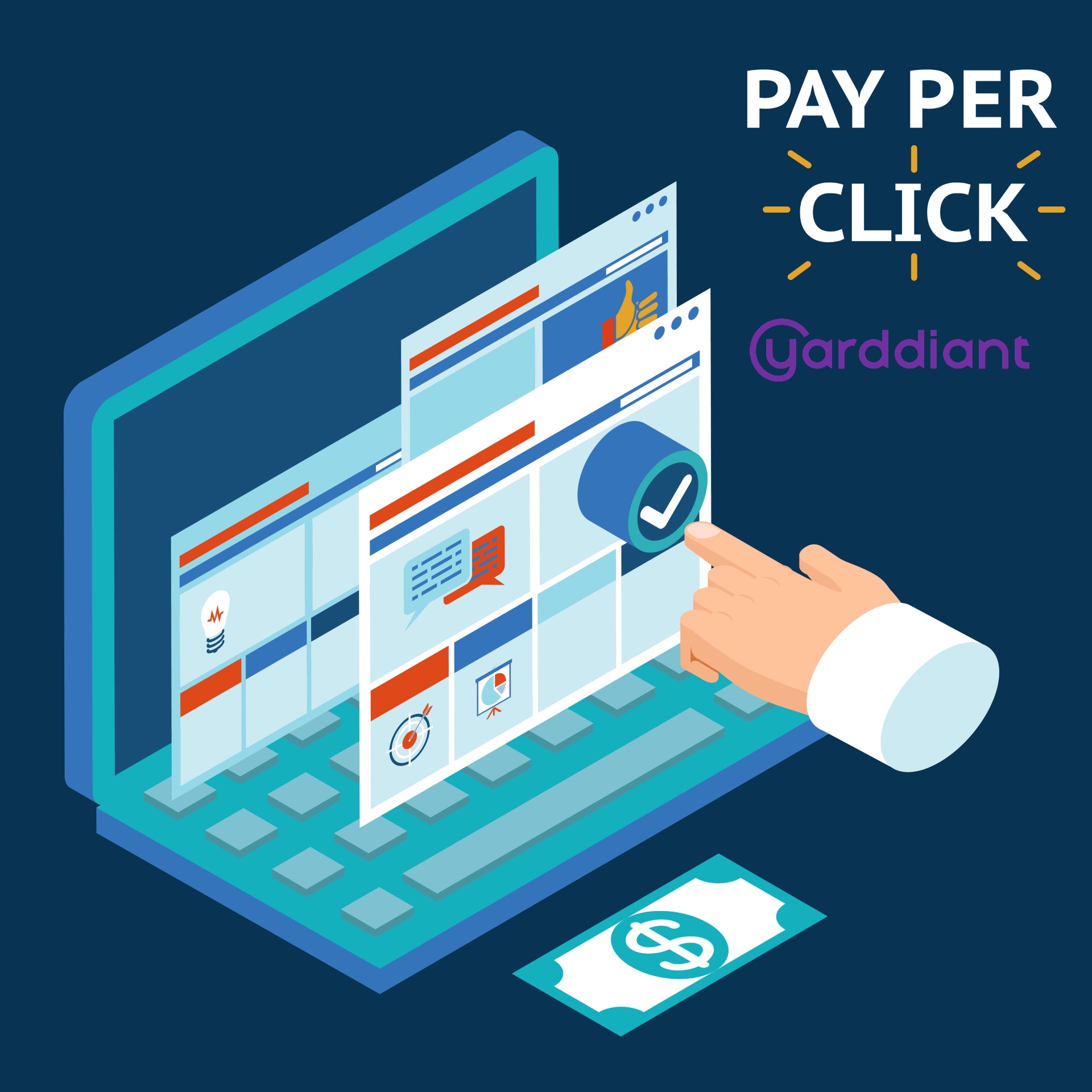


Monetizing websites has become a common practice for content creators and businesses alike. Among the various methods available, pay-per-click (PPC) advertising stands out as a popular model. In this approach, websites receive compensation based on the number of clicks their ads generate. This article explores the dynamics of PPC advertising, its benefits and challenges, and how web development services can optimize websites' strategies for effective revenue generation.
Pay-per-click advertising is a model in which advertisers pay a fee each time one of their ads is clicked. This method is prevalent in online advertising, and major platforms like Google Ads, Bing Ads, and social media platforms offer PPC options
The process starts with advertisers bidding on specific keywords relevant to their target audience. When users search for those keywords, the search engine displays ads at the top or bottom of the search results page. The position of the ad often depends on the bid amount and the ad's relevance, as determined by the platform's algorithms.
PPC advertising provides instant visibility for websites. Once a campaign is set up and running, ads can appear in search results, ensuring that the website is seen by potential visitors immediately.
Advertisers have control over their budgets and can set daily or monthly limits. This flexibility allows businesses of all sizes to participate in PPC advertising, adjusting their spending based on performance and available resources.
PPC platforms offer detailed analytics, allowing advertisers to track the performance of their campaigns. Metrics such as click-through rate (CTR), conversion rate, and return on investment (ROI) provide valuable insights into the effectiveness of the advertising efforts.
Advertisers can precisely target their audience based on factors such as location, demographics, and interests. This targeted approach increases the likelihood of reaching users who are genuinely interested in the products or services offered by the website.
While PPC offers control over spending, costs can accumulate, especially if competition for keywords is high. Advertisers need to carefully manage their campaigns to ensure a positive return on investment.
Effectively managing a PPC campaign requires knowledge of the platform, keyword research, and ongoing optimization. The learning curve can be steep for newcomers, and mistakes in campaign setup or management may result in wasted budget.
Users often develop ad blindness, ignoring or actively avoiding online ads. This challenges advertisers to create compelling and relevant content that captures the attention of their target audience.
Websites relying solely on PPC advertising are vulnerable to changes in platform policies or algorithms. A sudden shift in rules or rankings can impact the visibility and performance of ads.
Thorough keyword research is the foundation of a successful PPC campaign. Understanding the search terms your audience uses allows you to bid on relevant keywords, increasing the likelihood of attracting qualified clicks.
Crafting compelling and relevant ad copy is crucial. Ads should not only attract attention but also clearly communicate the value proposition of the product or service being advertised.
Once users click on an ad, the landing page experience plays a significant role in converting clicks into actions (e.g., purchases, sign-ups). In the comparison of landing pages v/s websites, optimize landing pages for user experience, relevance, and a clear call to action.
PPC campaigns require ongoing monitoring and optimization. Regularly review performance metrics, adjust bids, test different ad creatives, and refine targeting parameters to improve overall campaign effectiveness.
Websites can indeed get paid for clicks through the implementation of pay-per-click advertising. This model offers a range of benefits, including immediate visibility, cost control, measurable results, and targeted advertising. However, it comes with its own set of challenges, such as potential costs adding up, a learning curve, ad blindness, and dependency on platforms.
Success in PPC advertising requires a strategic approach, incorporating thorough keyword research, compelling ad copy, landing page optimization, and continuous monitoring and optimization. By understanding the dynamics of pay-per-click advertising and implementing effective strategies, websites can maximize their revenue potential and create a sustainable monetization model.
